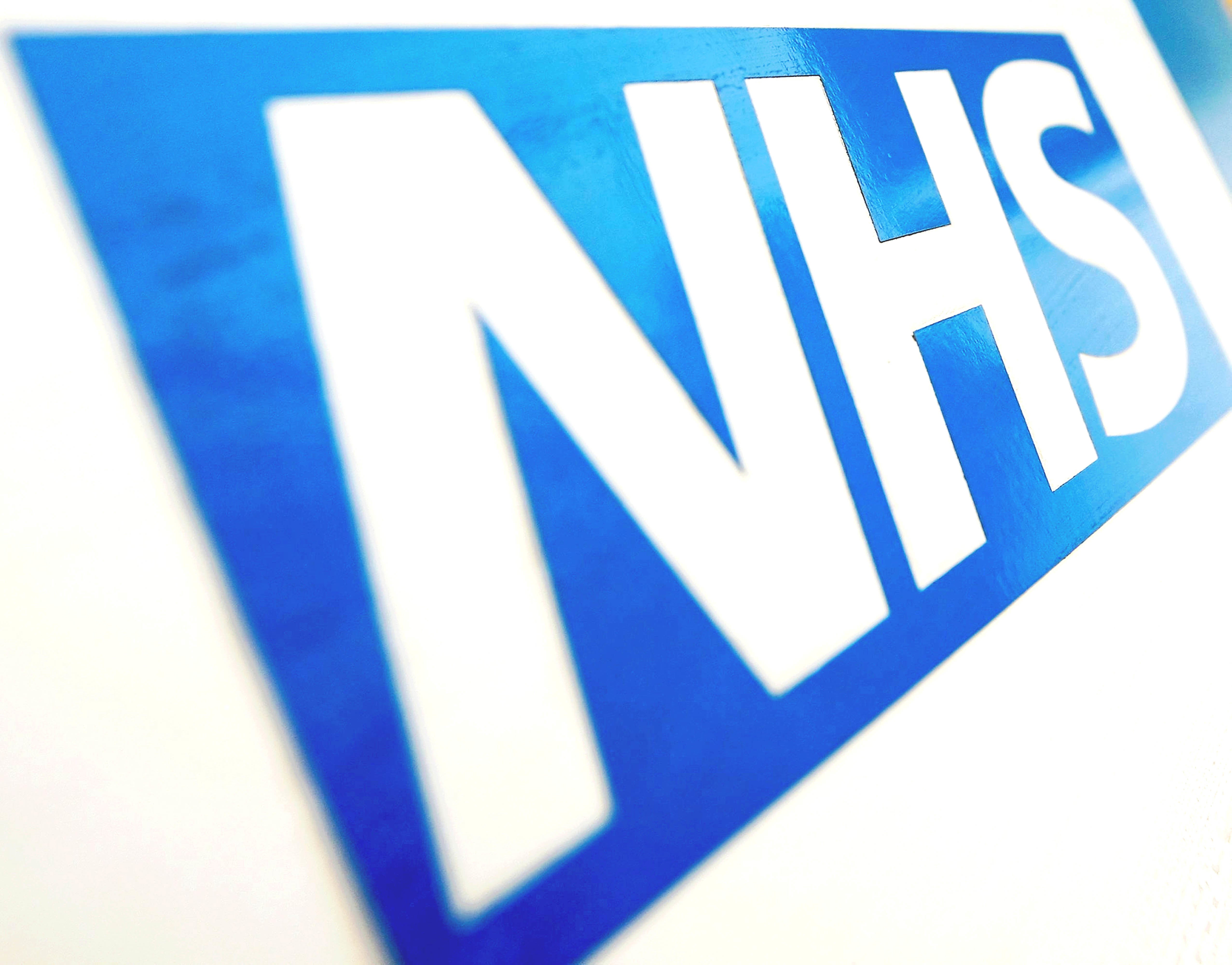Paediatricians sound alarm at huge surge in child eating disorders
Alert from doctors comes amid rapid rise in hospital admissions among all ages

Your support helps us to tell the story
From reproductive rights to climate change to Big Tech, The Independent is on the ground when the story is developing. Whether it's investigating the financials of Elon Musk's pro-Trump PAC or producing our latest documentary, 'The A Word', which shines a light on the American women fighting for reproductive rights, we know how important it is to parse out the facts from the messaging.
At such a critical moment in US history, we need reporters on the ground. Your donation allows us to keep sending journalists to speak to both sides of the story.
The Independent is trusted by Americans across the entire political spectrum. And unlike many other quality news outlets, we choose not to lock Americans out of our reporting and analysis with paywalls. We believe quality journalism should be available to everyone, paid for by those who can afford it.
Your support makes all the difference.Cases of anorexia and other eating disorders have quadrupled in some areas during the coronavirus pandemic, doctors say.
The Royal College of Paediatrics and Child Health (RCPCH) issued an alert to parents, saying the Christmas and new year period can be stressful for young people who struggle with disordered eating.
That comes on top of massive disruption to schooling and other areas of life due to Covid-19 which has led to a loss of physical and social activity, plus money worries and bereavement for some.
“In our tier 4 under 13s mental health inpatient unit we have seen a three- to fourfold increase in children referred to our service with eating disorders, and they are just the tip of the iceberg.” Dr Nancy Bostock, a consultant in Cambridge, said in a statement provided by the college.
University students may also be affected due to long periods spent away from their families, the RCPCH added.
In a statement, the college painted a picture of a wave of new cases breaking against an already stretched prevention and treatment system. It said: “Reduced access to services and face-to-face consultations during the pandemic are thought to have caused an increase in cases where the young person has become severely ill by the time they were seen.
”Paediatricians reported seeing children and teenagers being brought into emergency departments in need of immediate admission to hospital for physical stabilisation and re-feeding.
“Waiting lists for eating disorder treatment in mental health services are in many cases becoming completely overwhelmed and specialist inpatient beds are increasingly scarce.
“Teachers and university staff often flag concerns about a young person’s weight loss or eating habits. The closure of schools and university classes and move to online lessons has inevitably made this more difficult.”
Eating disorders are characterised by eating too much or too little, being obsessed with weight or body shape, excessive exercise, having strict food routines and/or deliberate vomiting after eating.
Dr Karen Street, officer for child mental health at the RCPCH, warned parents many children were “just not coping” this year. She said eating disorders were often related to a need for control which may have been eroded during Covid-19. She encouraged parents to look out for small signs like avoidance of foods their offspring previously liked, and to “trust your instincts” in deciding to talk about it.
The warning comes as figures obtained by the Press Association news agency showed hospital admission for children with eating disorders had rocketed by one-fifth in two years and by almost one-third among all age groups.
NHS England data showed there were 21,794 admissions for eating disorders among all age groups in 2019-20, up 13 per cent from the 19,244 in 2018-19 and up 32 per cent from 16,547 in 2017-18.
For children aged 18 and under, there was a 9-per-cent rise in admissions from 4,534 in 2018-19 to 4,962 in 2019-20, but the jump was 19 per cent from 4,160 admissions in 2017-18. Some 4,348 of the admissions in 2019-20 were for teenagers aged 13 to 18, up 8 per cent on a year earlier (4,021).
The Royal College of Psychiatrists has called on Boris Johnson’s government and the NHS to tackle what it said was now a crisis in child mental health. It also called for better training of all medical workers in spotting the early signs of eating disorders.
Tom Quinn, director of external affairs at the eating disorder charity Beat, said a rise in hospital admissions year on year does not necessarily mean more people were suffering overall.
However, he said a consistent rise year on year was still worrying because "it indicates sufferers aren't getting community treatment fast enough".
He added: "The government have made provision for more money for eating disorder services but it is clear not enough is reaching the front lines.
"We also know the need for services will likely increase due to the pandemic, which has caused a huge amount of distress and anxiety to those affected by eating disorders and seen demand for our own services doubling in the past year."
Claire Murdoch, NHS England's mental health director, said: “The pandemic has turned lives upside down and hit young people particularly hard, so while a record high number of young people are in fact getting care for eating disorders, it is sadly a likely fact of the pandemic's impact that more young people will need to seek out support for mental ill health, which is why the NHS is expanding care every year and continues to offer face-to-face appointments and inpatient care when needed while providing the option of phone and video consultations and online support where appropriate.”
She added: “Young people who are struggling with an eating disorder also stand to benefit significantly from recently announced rapid access to specialist NHS treatment across England, which will provide access to early intervention, treatment and support.”
Additional reporting by Press Association


Join our commenting forum
Join thought-provoking conversations, follow other Independent readers and see their replies
Comments